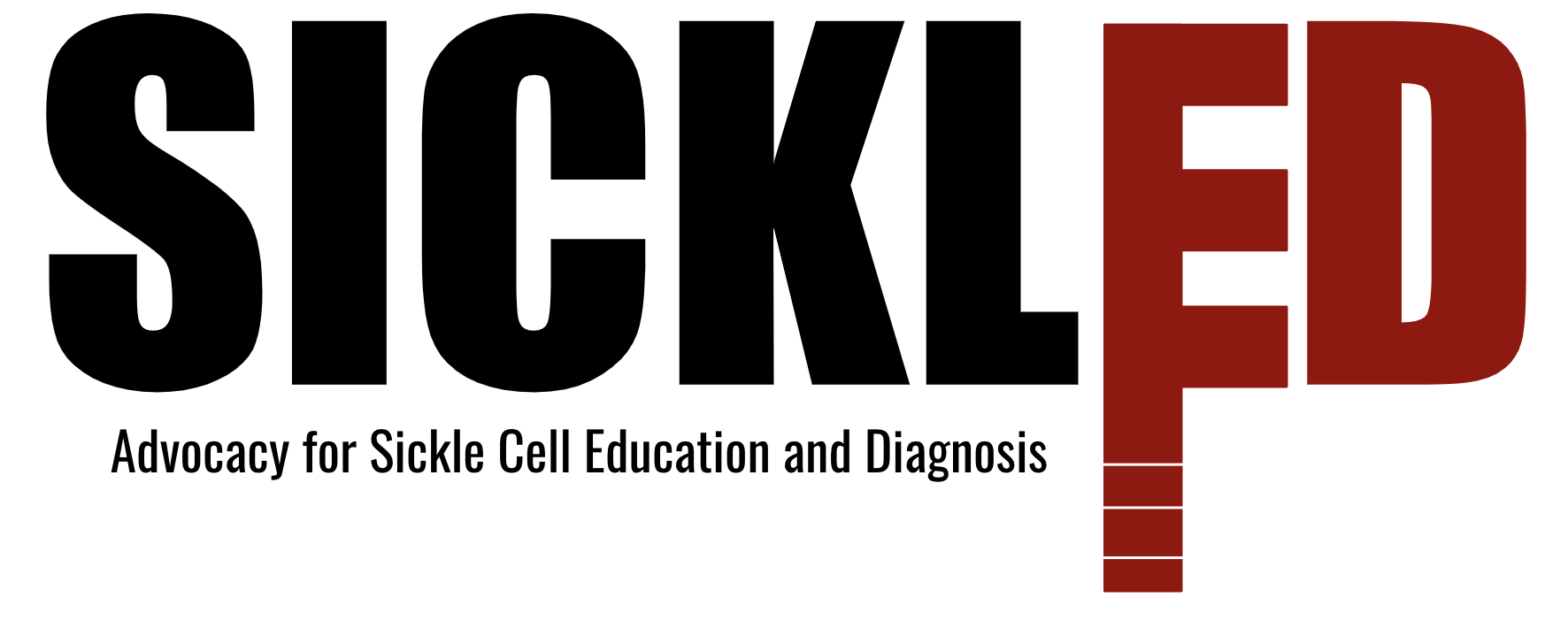The past few days have been leading up to today’s meeting with the DMO. To start the day, we organized our final thoughts and materials for the presentation.
During the meeting, we presented the poster and flipbook to the DMO. He provided specific directions to tailor the poster to his preferences. Additionally, a member of the DHMT with expertise in poster development offered valuable guidance, helping the team refine the design. While Addy and Nicole focused on the poster, the rest of the team discussed SOP development with other officials.
By the end of the workday, the poster was not fully completed, so we were unable to obtain approval from the DMO. We plan to finish the poster this afternoon and check in with the DMO later in the week to finalize it.
In the meantime, the rest of our team were on their way to Freetown with a day full of meetings. To begin, the team met with the assistant of the Director of Noncommunicable Diseases who was leading an effort to mobilize a team of people for sickle cell infrastructure development. After locating the Ministry of Health and Sanitation, and climbing flight upon flight of stairs, we met with the current lead of this Sierra Leone sickle cell task force. As we discussed our initiatives and described what services we could provide for the team, they requested we join the group WhatsApp for the sickle cell task force. SicklED now had a way to participate and create input on policy and directives carried out by the ministry, even from the states. After this meeting, SicklED went upstairs to meet with the IRB coordinator for Sierra Leone who provided insights into the IRB process with clinical trials and tests.
As Amelie had gone off to a separate meeting with a local group known for organizing CME courses, we waited to reunite and travel out to the educational materials board. Our NCD contact had provided us with his contact at the educational review board which we then stopped by before our pharmacy board meeting. The staff critiqued our posters and other informational materials, providing us with greater insights into the culture and understanding of the people. In Sierra Leone, the general public can only read English with Creole remaining an auditory language only. Providing translations on the posters was only more confusing, as well as a few more complex images that contained unknown concepts. With this great advice, we took to contacting Addy and Nicole to hopefully provide additional feedback and the chance to alter our posters before getting them approved by the DMO.
To wrap up our trip to Freetown, the team met with a representative of the Sierra Leone Pharmacy Board, the organization we would be forced to go through for clinical trials and the eventual approval of our diagnostic device. After a quick fifteen minute meeting with an eloquent representative, we knew exactly what we needed to do in the future.
Sierra Leone’s ability to carry out complex procedures is largely inhibited by its weak centralization. SicklED had been contacting all sorts of PHU staff, hospitals, educators, and advocacy groups from all over the country. However, because of this weak centralized concept, the team was truly prevented from making any impactful movements while in the country. This trip, instead of continuing to conduct interview-based research on a larger scale, the team made an effort to make an impact during fieldwork. So, we went and climbed the chain of command, reaching the top of Noncommunicable Disease and having an outlet to support government action while also producing materials for the In-Charge meeting the next day.
